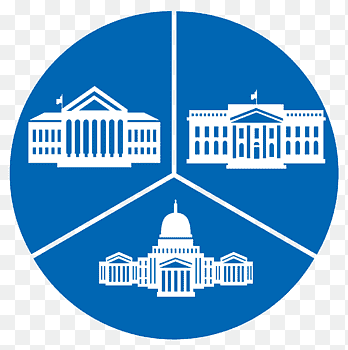The North Carolina Government is responsible for the state’s executive, legislative, and judicial functions. The North Carolina Constitution establishes the three branches of North Carolina government: executive, legislative, and judicial.

The North Carolina Executive Branch is responsible for carrying out the laws of North Carolina. The Governor is the head of the North Carolina Executive Branch.
The Legislature is responsible for making the laws of North Carolina. The North Carolina Legislature is bicameral, meaning it has two chambers, the North Carolina Senate and the North Carolina House of Representatives. The North Carolina Constitution requires that the North Carolina Legislature meet in session at least once every two years. The North Carolina Legislature has the power to pass laws, approve the state budget, and ratify amendments to the North Carolina Constitution.
The North Carolina Judicial Branch is responsible for interpreting the laws of North Carolina. The Supreme Court is the state’s highest court. The Court of Appeals is the state’s intermediate appellate court. The North Carolina Superior Court is the state’s trial court. State also has a system of district and superior courts.
The Constitution guarantees the people of North Carolina certain rights, including the right to vote, the right to a jury trial, and the right to free speech. The North Carolina Constitution gives the people of the state the power to elect their representatives in government.
The people of North Carolina elected a governor, lieutenant governor, attorney general, auditor, commissioner of agriculture, commissioner of labor, and insurance commissioner. North Carolina also elects two senators and thirteen members of the United States House of Representatives.
Government of North Carolina State
Official Name: North Carolina
Governor: Roy Cooper
Contact: Email the governor
Main Address: 20301 Mail Service Center
Raleigh, NC, 27699-0301
Phone Number: 1-919-814-2000